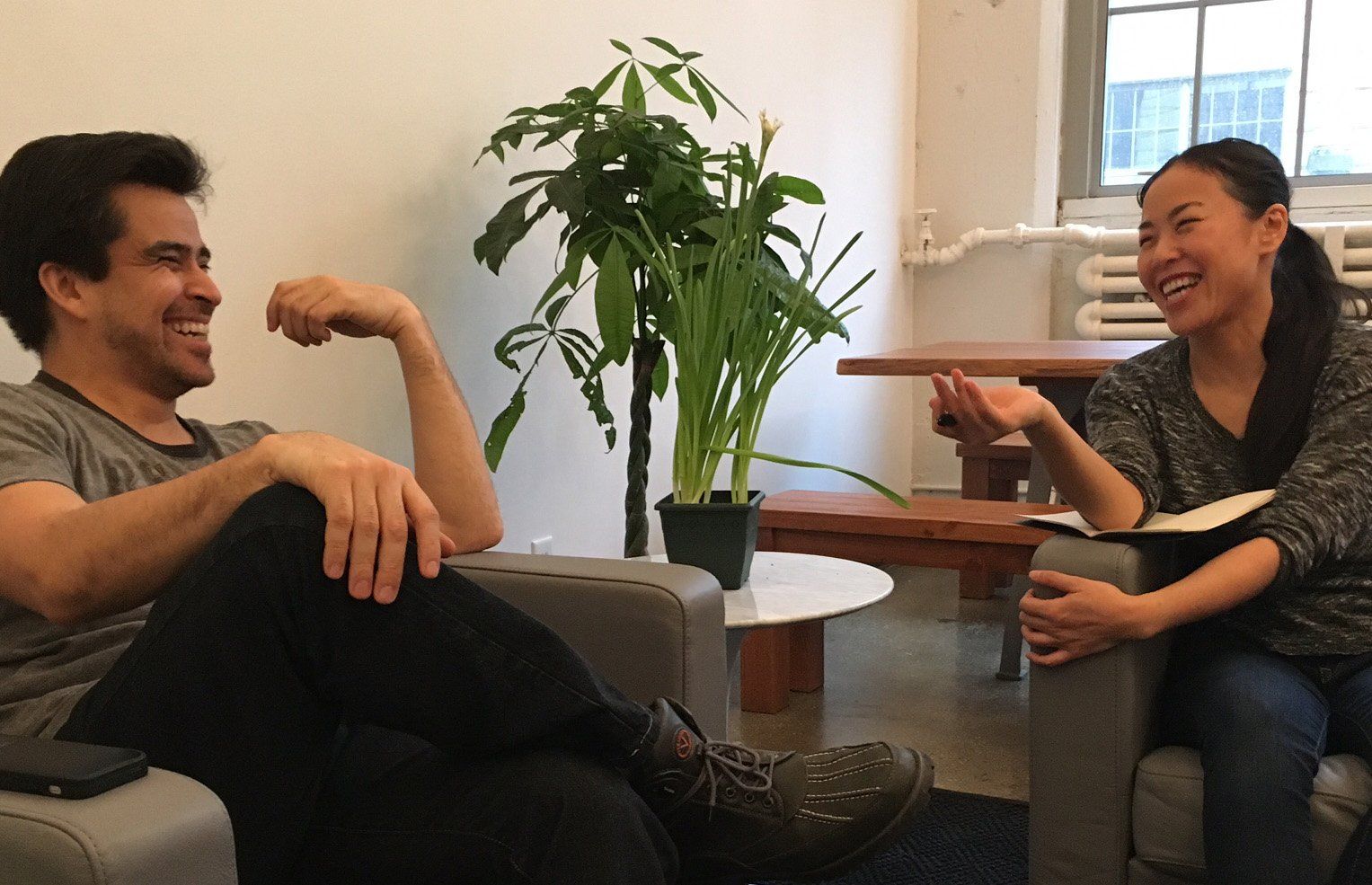
How do I act for the camera? Terry Knickerbocker Studio answers, Part 1.
What is your first piece of advice for actors auditioning for film and TV?
Interview with Alberto Bonilla – Part 1 of 4 : Be the solution not the problem

Contributed with curiosity by Faculty Member Kana Sato as part 1 of a 4 part interview series with Alberto Bonilla.
Kana Sato: What is your first piece of advice for actors auditioning in film and TV?
Alberto Bonilla: Be the solution not the problem.
KS: Hmm. What do you mean by that?
AB: A lot of actors want to meet an agent, thinking getting an agent will help them get in the door to book film and television; but they don’t spend any time getting to know the craft. They don’t know what it is like to work on film and TV, so they come into an agent’s office and want the agent to solve their problem, but instead they are creating a problem for the agent. An agent wants someone who knows how to work in front of the camera and has spent time working on their craft. They are crossing their fingers, just as the casting directors are, that you are the solution.
KS: Great point. But many of us actors have nothing on our resume when we finish our training.
AB: Even if you don’t have experience, you need to put the effort in. A casting director wants you to be off book, to have it worked it out, to have ideas, to do research on who you are auditioning for, and to know the style of the show you are auditioning for. So many actors don’t treat it with the same reverence that they treat theater.
Nobody would ever go in for a Sam Shepherd play the same way you would audition for a Harold Pinter play. No one pays attention to the writers in TV—”Turn” or “Blacklist” or “Better Call Saul”; no one looks at the difference in the styles of writing. This is why I don’t blame casting directors and agents at all when they get frustrated with actors who enter the room as the problem instead of the solution. Anyone who is looking for an agent or casting director to like them for film and TV needs to do the same amount of research as they would if they were going in for a play. The majority of film and TV actors can be even lazier than theatre actors.
KS: Do you think they focus too much on looks?
AB: A film and TV actor who is not experienced and doesn’t know how to work on camera will gravitate towards making sure their outfit is great, focusing on physical type and “camera-ography”. Those things are important. But these writers on film and TV are paid and they have a voice. You need to find their voice. You need to go on IMDB and find out about them. Look them up just as you would a play.
KS: That sounds so obvious, but some of us probably never thought of it that way.
AB: If you’re going in for a TV show, watch the show. It sounds simple and silly, but it never ceases to amaze me how many actors who are preparing for a callback come to coach with me and say “Well, I don’t know who you’re referring to, I don’t watch the show.” Would you ever go in for an audition without reading the play?
KS: Absolutely not.
AB: If it’s a pilot, then all you have is that body of work to go off of. That’s it. But if you’re going in for “SVU”, “Blacklist”, or “Good Wife”, there are so many seasons there is no excuse for you to have not seen it. All of these people in the industry work very hard. When you go in and say, “Oh it’s just film and TV” and don’t give it its due, you’re really spitting in the face of all these people who are working.
KS: Often we’re so wrapped up in our own work we don’t get to think about their [the industry’s] prospective.
AB: Right. The funny thing is, they want you to be the solution, but if you don’t treat film and TV with the same kind of respect that you’d treat O’Neil or Shakespeare, then you are coming in as a problem before you even open your mouth. It is not an agent’s job to do this for you. Their job is to pitch you. The casting director has to have the confidence that you are going to do all that work, so when you come in, you must have seen the work of who you are auditioning for and be able to talk about the work or have at least seen it. So many actors in New York do not do this.
KS: So be the solution, not the problem.